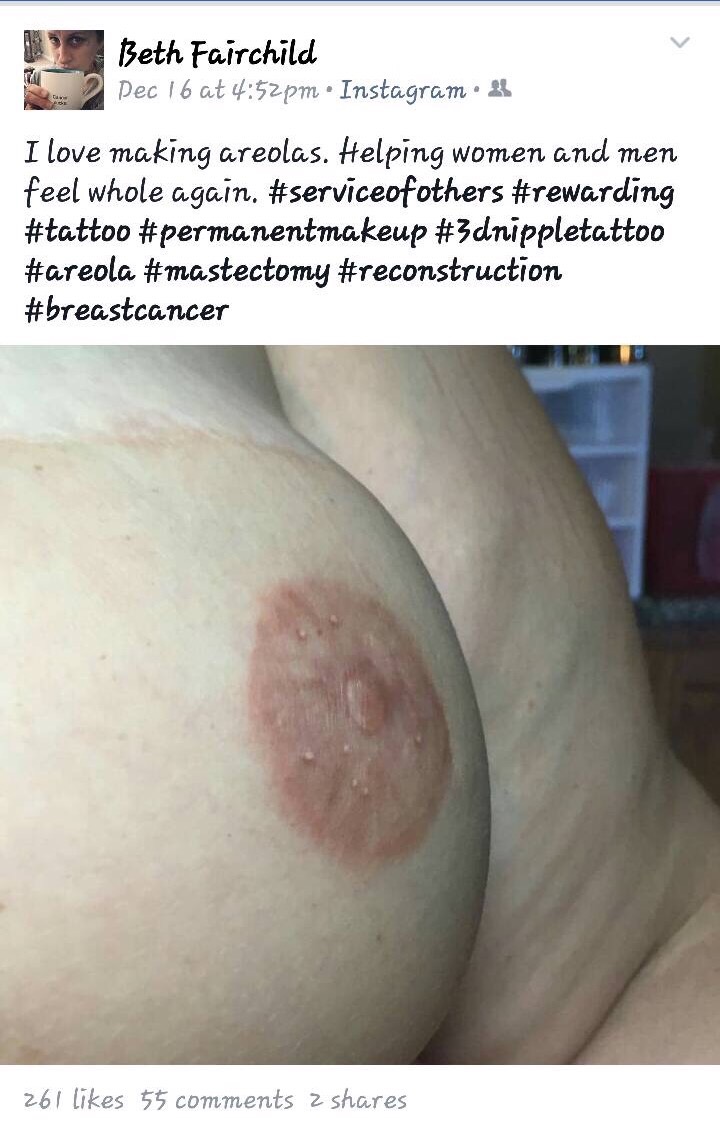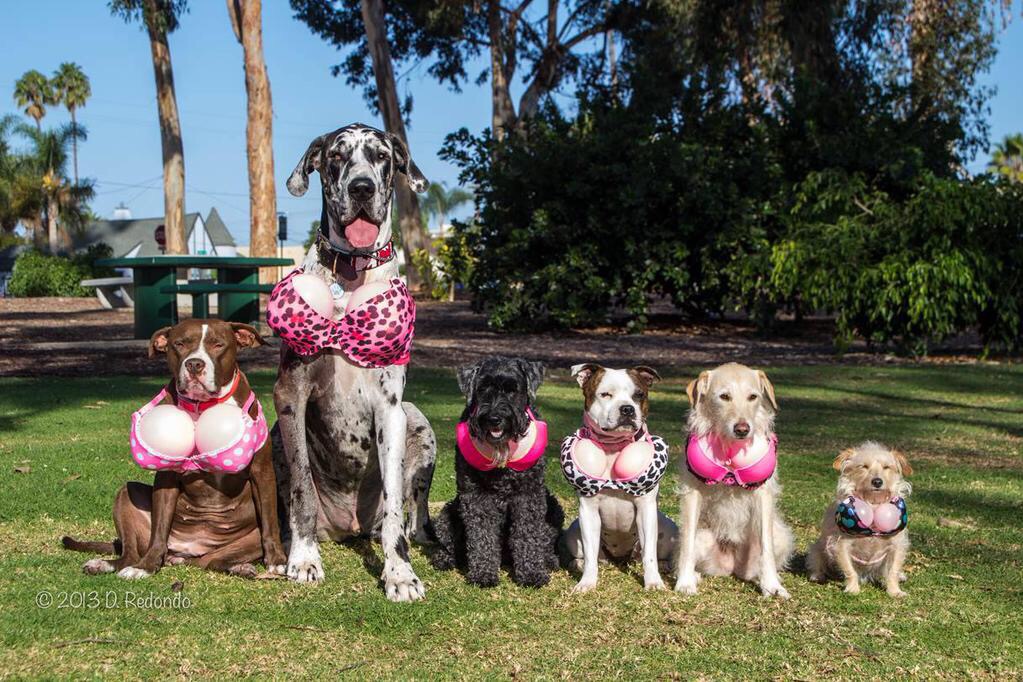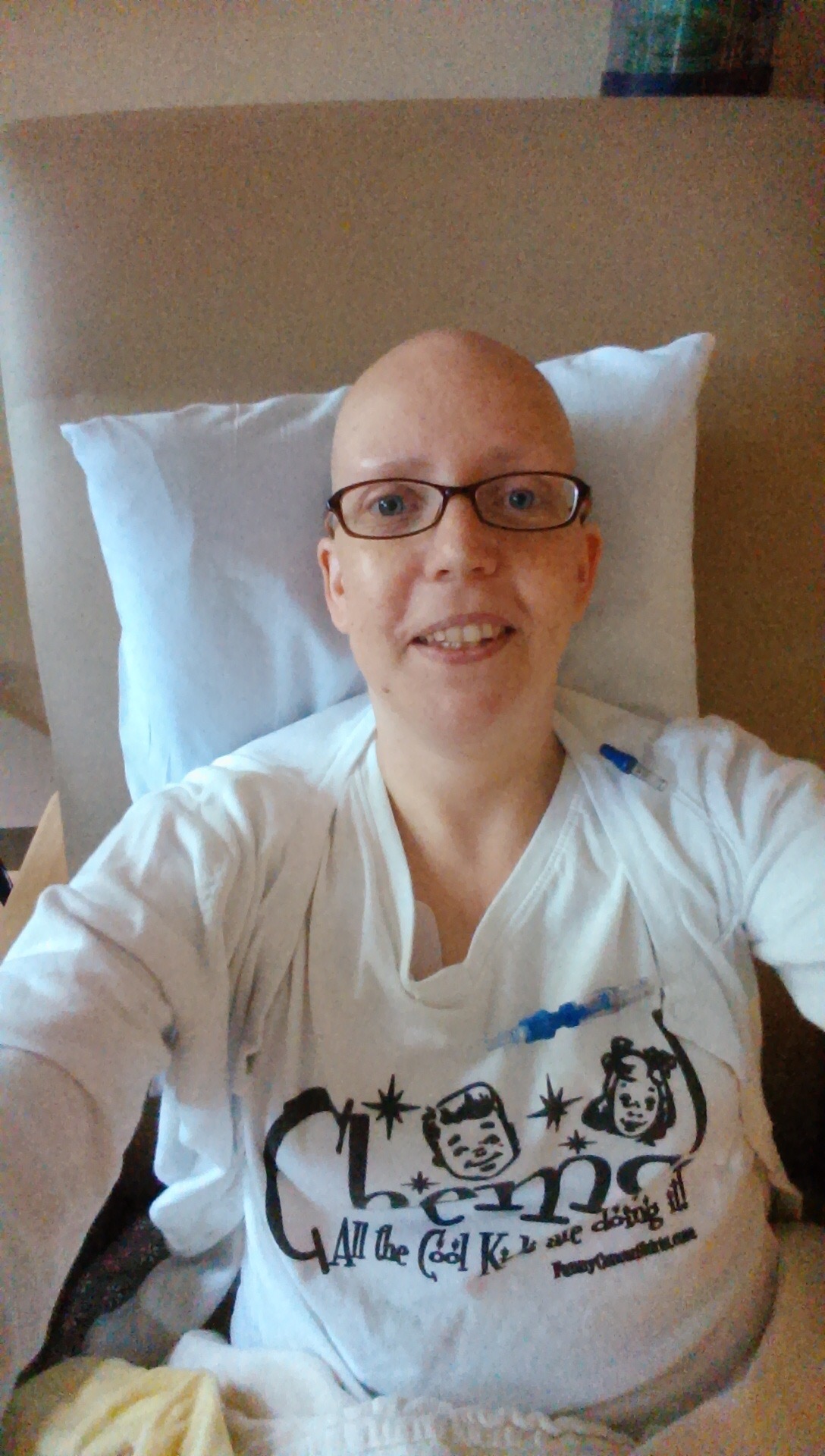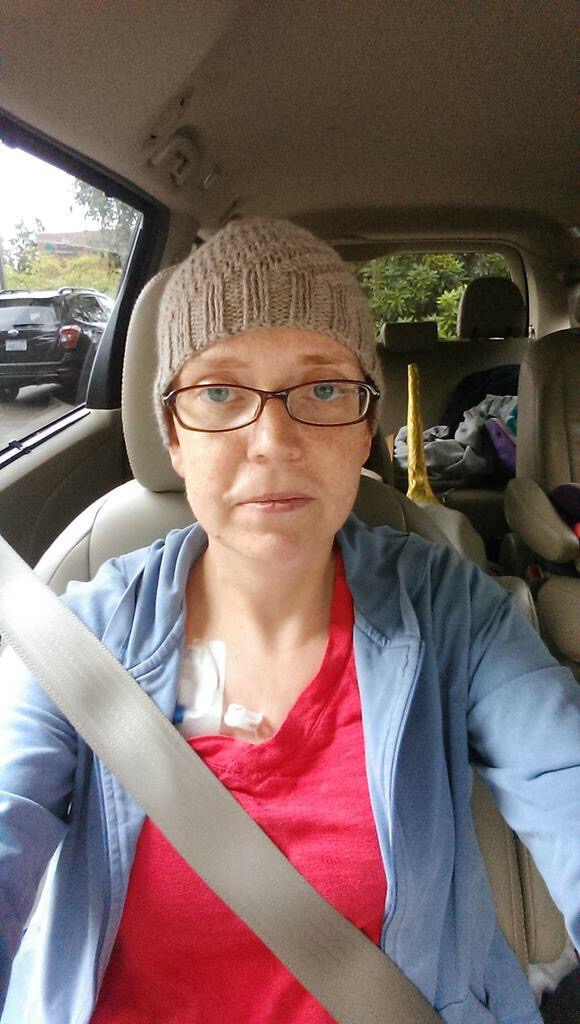UPDATE July 10 AM: YSC has taken down the Facebook post about this campaign, but Spencer Gifts is still listed as a sponsor on the YSC website. I haven’t received a response from them to this post yet.
UPDATE #2, July 10 PM: And now comes the official response from YSC CEO Jennifer Merschdorf. Per her request, below is what she said, followed by my thoughts.
Beth, I sincerely appreciate your thoughtful blog, and personally apologize to you and everyone who is upset that YSC has partnered with Spencer’s. We are all too aware that breast cancer is not pretty and pink. It is a serious disease that kills 40,000 women each year.
Since 2008, Spencer’s has partnered with YSC on a bi-annual awareness bracelet campaign, donating 100% of proceeds from sales to YSC and other nonprofit cancer organizations. These donations have gone directly to providing scholarships for young survivors to attend our annual conference, along with funding our national support services.
I TOTALLY GET IT … the name of Spencer’s Foundation “Boobies Make Me Smile” – is offensive and upsetting. As a young woman who also has lost both my breasts from breast cancer I have always been troubled with their name.
We are truly sorry that the partnership has offended breast cancer survivors. Please know that we hear you and are taking this feedback to heart. You can be assured that the offensiveness of the campaign’s name will be shared with Spencer’s.
My email is below, and I am open to any other constructive comments.
Jennifer Merschdorf
CEO, Young Survival Coalition
jmerschdorf@youngsurvival.org
OK. So, let me get this straight. The CEO of YSC acknowledges that the name of Spencer’s foundation is indeed offensive, and that she has “always been troubled by it,” and yet she let her organization continue to partner with them anyway? Are you kidding me?
You’ll also notice that she doesn’t say that YSC would terminate this relationship with an organization whose very name she finds offensive. No, she’s just going to share our concerns with Spencer. I’m sure that will teach them a lesson.
See, this is the problem with cause marketing in general. Charities desperately need funds to do the important work they do. And so they get in bed with corporate partners who have little interest in understanding what the charity is trying to accomplish, corporations whose actions even actively undercut the charity’s mission. YSC is certainly not the only charity to do this, but because they’re a group whose work I respected, I’m particularly disappointed that they have fallen into this trap.
A friend of mine pointed out that when faced with similarly dirty money that they desperately needed, Girl Scouts of Western Washington made the opposite choice: they gave back a donation of $100,000 to a donor because the string s/he attached to it conflicted with Girl Scouts’ values. They publicized their decision and ran an Indiegogo fundraiser that raised them the $100,000 in a single day and, to date, has raised them over $332,000. The moral of this story? Organizations like YSC don’t have to take money that undercuts their mission. In fact, when they do the right thing, they can make out better financially.
I continue to urge YSC to do that right thing: end their relationship with Spencer and its offensive foundation. If they do, I will support them with all of my energy and encourage my readers to do the same. If they don’t, well, I guess we know that Spencer’s money is worth more to them than their mission.
————————————–
Dear YSC:
I’m an under-40 woman living with metastatic breast cancer. I’m your demographic, the one your programs are designed to help. And you HAVE helped me–I even go to a support group for young metsters organized by a YSC volunteer. Which is why I think I’m the most disappointed in you, even more so than Stupid Cancer or F*ck Cancer, for being involved in this.
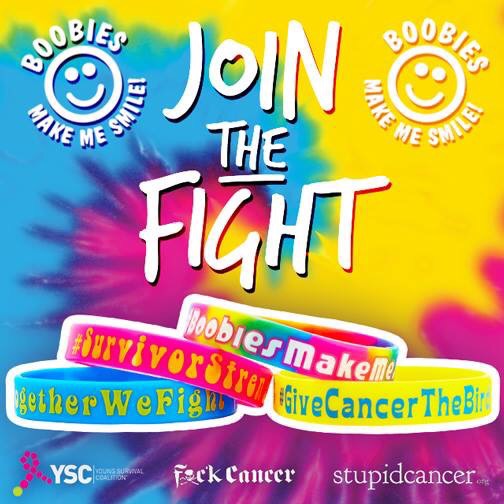
See what it says at the top of this? That’s right, it says “Boobies make me smile.” And of course it says it twice, because we all have two boobies. I see what you did there! Hahaha, how clever!
Oh wait, no it’s not. It’s actually horribly offensive.
I don’t have two boobies. I only have one. They cut off the other one because it had an enormous tumor in it. And the most horrible part of that is, I’m STILL going to die of metastatic breast cancer.
There have been plenty of studies done about how the sexualization of breast cancer hurts breast cancer patients. First off, supposedly funny and edgy slogans like “save the tatas” and “boobies make me smile” trivialize a disease that kills 522,000 women and men worldwide every single year. The death toll in the US has been 40,000 per year for decades. How is the thing that kills those women supposed to be funny? How are those of us who will die of this disease supposed to feel about this joke?
Secondly, focusing on our disease originating in our breasts, rather than seeing us as whole people, dehumanizes us. And it makes women feel that if they have a mastectomy, they’re no longer worthwhile, or feminine, or real women. When I lost my breast, it almost broke me emotionally. Almost. This sort of campaign brings me right back to that feeling, and it does the same for many other women who have had their breasts amputated in a desperate attempt to save our lives–because our lives are what matter, not our breasts.
Campaigns like this do real damage to breast cancer patients. And I know that you know this, because right next to where this image appears on the YSC Facebook page, you’ve got a video about how breast cancer surgery impacts women’s feelings of self-worth.
I expect this kind of insensitivity from a porn industry executive trying to get some cheap publicity. But not from you, YSC. I expect you not to make women who have had a body part amputated feel worse about themselves. I expect you to know that this type of campaign is absolutely the worst kind of cause marketing. And yet, there is your logo at the bottom of the poster, and there’s this image proudly displayed on your Facebook page.
Speaking of your Facebook page, several of us pointed all of this out to you in comments on that photo there. Let me quote your complete non-apology here:
“We apologize if this post was offensive. We would like to clarify that the “Boobies Make Me Smile” slogan is not a YSC slogan, it is the name of Spencer’s Foundation. Our bracelet is called “Survivor Strength.” We partner with Spencer’s to promote breast health education among their young consumers and over the last 8 years have reached countless young women to empower them to be their own best health advocate. It is always our goal to inform and empower young women with breast cancer, and we’re sincerely sorry if this post was insensitive.”
If?!?! If this post was insensitive? If this post was offensive? It’s your goal to empower young women with breast cancer, while you trivialize their disease and marginalize those of us who have lost a body part to it? Really? And how is the fact that Spencer’s foundation is called “Boobies Make Me Smile” a reason not to be offended? You’re telling me that you actually decided to partner with an organization called “Boobies Make Me Smile?” Are you kidding me?
I know you need money to support the important programs you run. We all understand that. But you undercut the power of those programs and the support you give to young women with breast cancer when you turn around and partner with an organization whose very name is offensive. How can we take you seriously after this? How can we believe that you really have our backs, when you turn around and throw us under the bus to make a quick buck?
I beg you, before further damage is done, to withdraw from your partnership with Spencer Gifts and give them their dirty money back. If you don’t, I know an awful lot of young women who will no longer be able to support you in good conscience, myself included.
Sincerely,
Beth Caldwell
Like this:
Like Loading...

